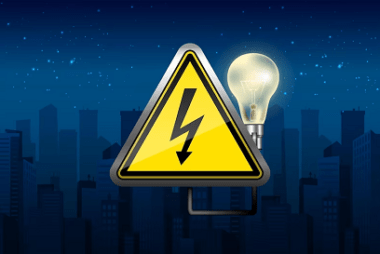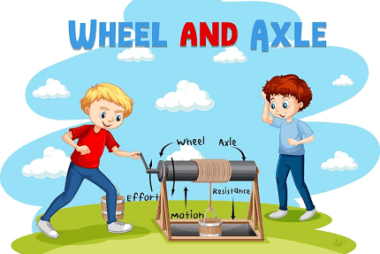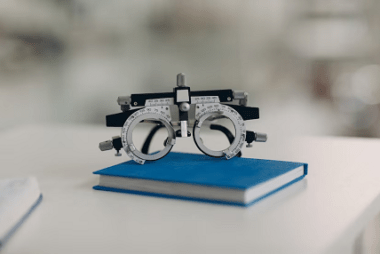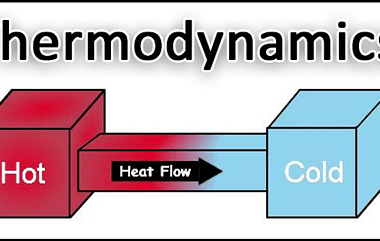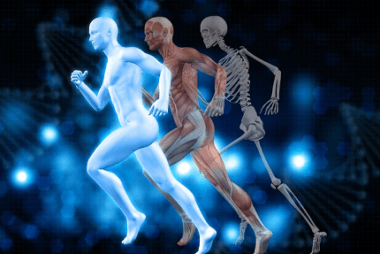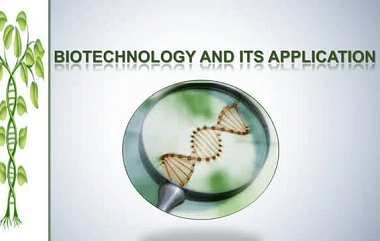Integrated Course NEET-PHYSICS-SYLLABUS Current Electricity
Current Electricity Current electricity is the flow of electric charge in a conductor. It is an essential branch of physics that deals with the study of electric currents and their effects. Here are some key concepts related to current electricity: These are some of the fundamental concepts related to current electricity. Understanding these concepts and…
